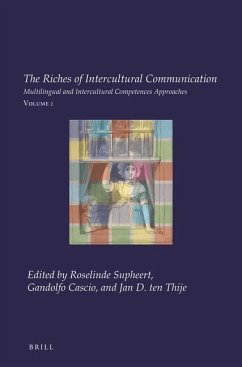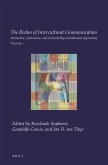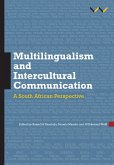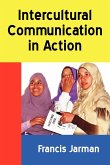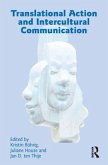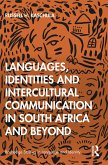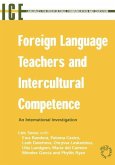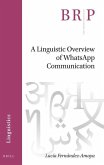This book exemplifies that research into linguistic and cultural diversity not only contributes to the reduction of unjust human relations, but also has its own added value in creating and exposing new connections, relationships, identities, and communities through intercultural communication. It is not a handbook but offers nine studies that illustrate the reflection process from different scholarly perspectives. The approaches in this volume are interaction approach, contrastive approach, cultural representation approach, multilingualism approach and transfer approach including research into intercultural competences. Together, the chapters illustrate the essence of the essentialism and non-essentialism debate regarding diversity and inclusion.
Bitte wählen Sie Ihr Anliegen aus.
Rechnungen
Retourenschein anfordern
Bestellstatus
Storno

